The 2023 Seminar on Post-Harvest Loss Management was held on September25 in Kaifeng City, central China' s Henan Province. It was jointly organized by the World Food Programme Centre of Excellence for Rural Transformation (WFP China COE), the WFP Regional Centre of Excellence against Hunger and Malnutrition (CERFAM), and the Henan University of Technology (HAUT), with strong support from the Department of International Cooperation of the National Food and Strategic Reserves Administrationof China (NAFRA), the Department of International Cooperation of the Ministry of Agriculture and Rural Affairs of China (MARA), and the Food and Strategic Reserves Administration of Henan Province.
With its theme of Strengthening South-South Cooperation Policy Dialogue on Resilient Food Systems in a Sustainable Way, the Seminar aimed to provide a platform for partners from China and other developing countries to exchange their experiences and insightson post-production loss management and to promote the resilience of the food system, focusing on key aspects of loss management in harvesting, storage and transportation, processing, and the food supply chain. More than 100 delegates from government departments, international organizations, academic and research institutes, and the private sector from both China and abroad participated in the discussions.
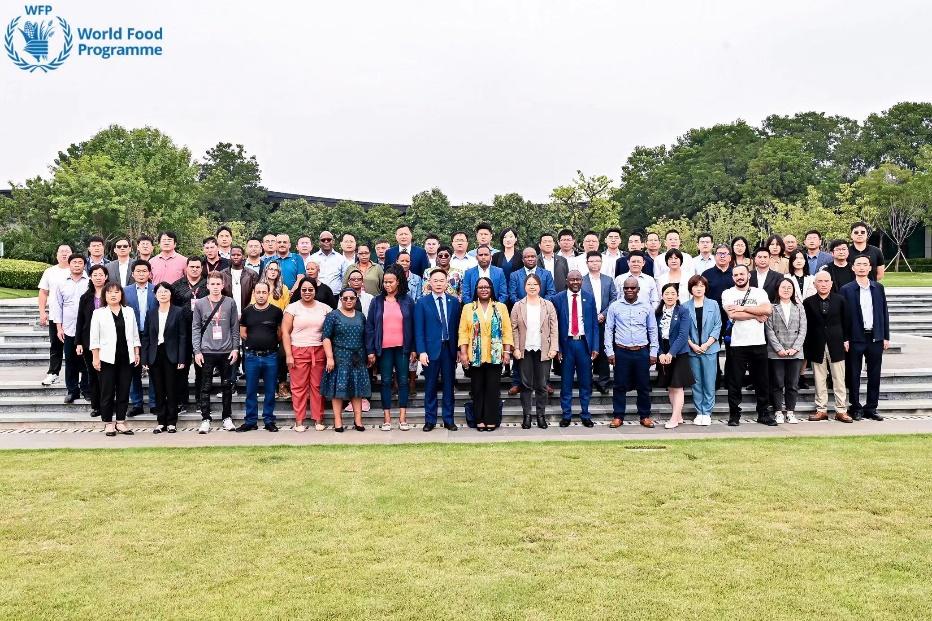
Group photo of the 2023 Seminar on Post-Harvest Loss Management
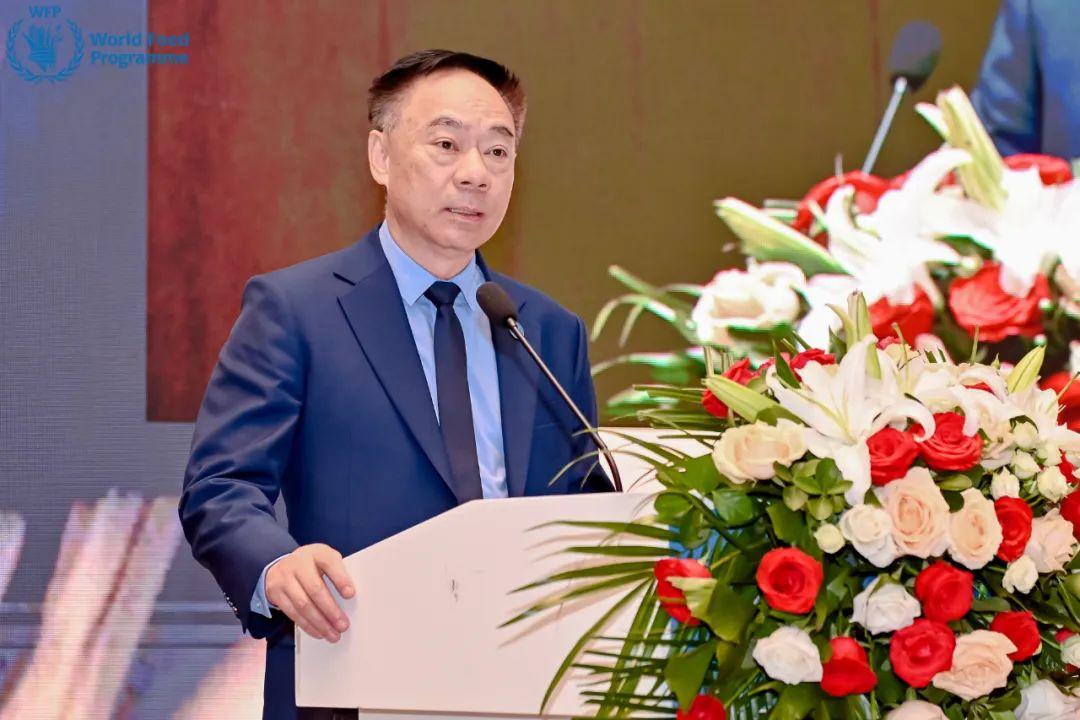
“Post-harvest loss management playsa critical role in building sustainable food systems, optimizing agricultural productivity, and delivering food security and safety for all in an environmentally sound, socially acceptable, and economically viable manner,”said Qu Sixi, Representative and Country Director of WFP China Office, when moderating the opening ceremony of the Seminar.He pointed out that WFP underpinned the ambitions on building resilience and mitigating shocks, understanding and addressing the drivers and root causes of food insecurity, strengthening national supply chains, supporting smallholder farmers, and reducing food loss and waste. He hoped that this seminar would further strengthen policy dialogue onSouth-South Cooperation and promote resilience building in the food systems by discussing the management of food loss along the value chainfrom harvesting, storage, transportation, processing, and supply.
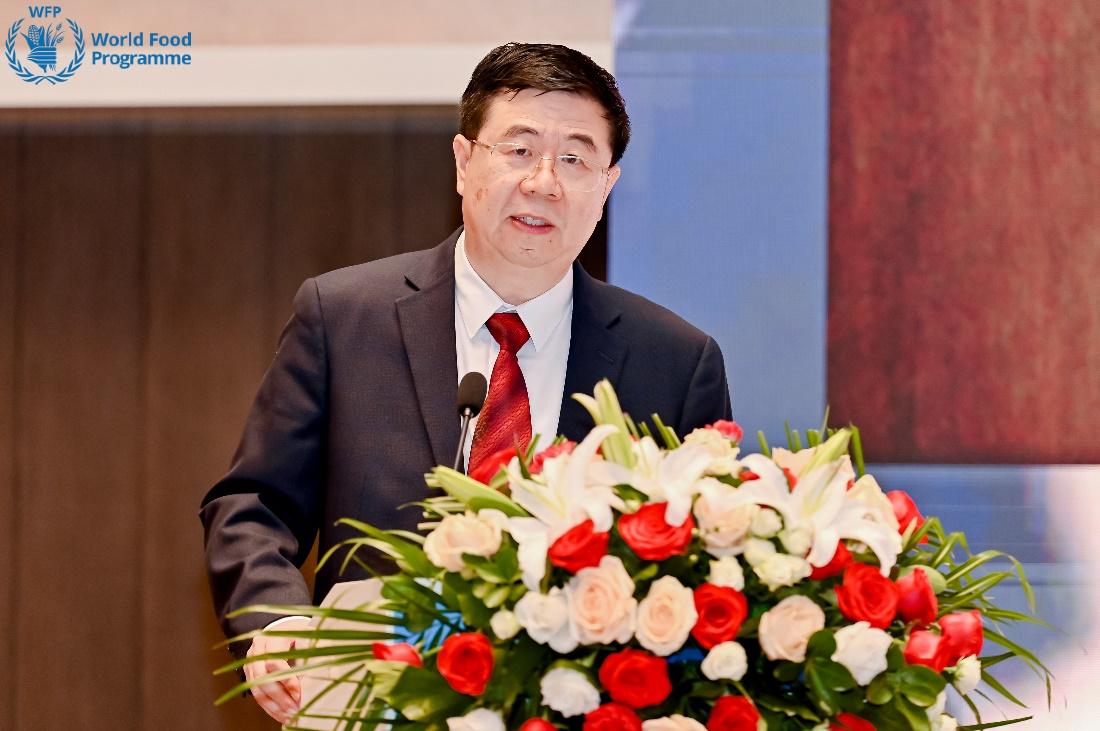
“Food security is a fundamental issue concerning all human-beings,”mentioned Liu Zhijun, Party Secretary of HAUT, in his opening speech.According to him, HAUT has signed a strategic cooperation agreement with WFP to support South-South cooperation, and has provided training for over 3,000 senior officials and technical experts in food area among 110 countries and regions worldwide. The university has also been actively participating in the construction of international food loss reduction, processing, and storage systems. Specifically, it has provided process technology for 137 grain and oil production lines in 23 countries, contributing to global food security. HAUT will take this Seminar as an opportunity to further deepen communication and exchange with all parties and strive to promote technological progress in the food industry.
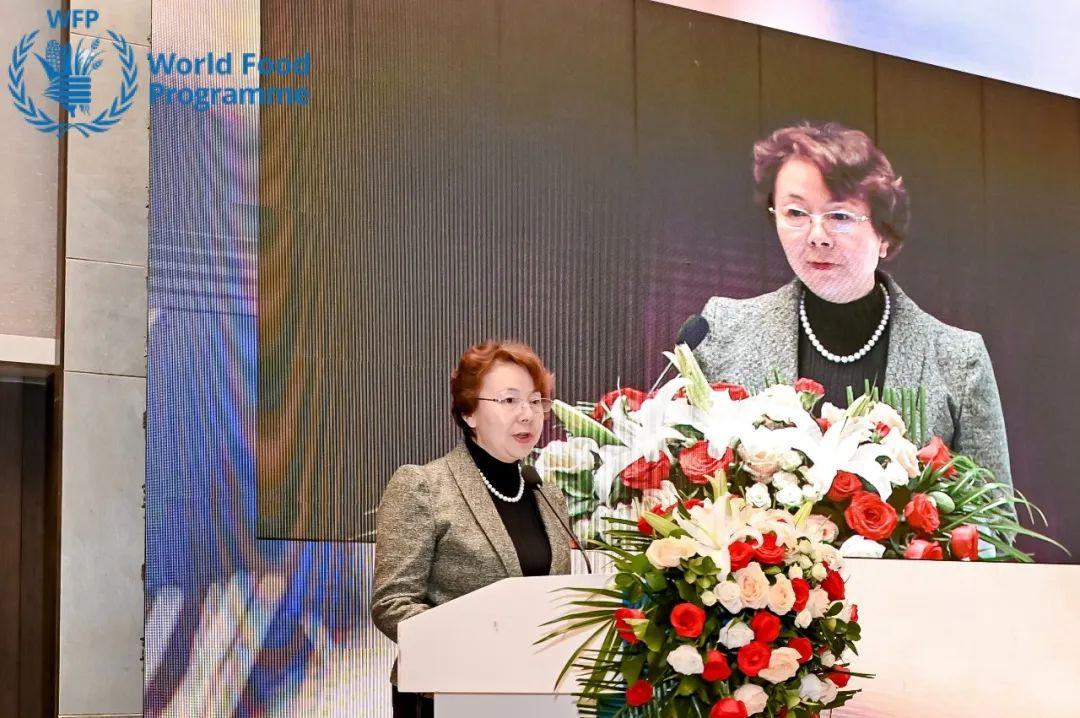
Cao Yingjun, Acting Director General of NAFRA’s Department of International Cooperation, emphasized at the opening ceremony that reducing food loss was a common concern of the international community. Currently, global food security is facing unprecedented pressure due to factors like climate change,and environmental and resource constraints. It is becoming increasingly difficult to increase the cultivation area and yield of food production, making reduction of food losses more important than ever before. NAFRA is willing to work with other developing countries under the South-South cooperation framework to deepen international cooperation, share experiences, carry out cooperation projects, actively participate in and support relevant initiatives raised by WFP, jointly promoting the realization of the Sustainable Development Goals of zero hunger and no poverty.
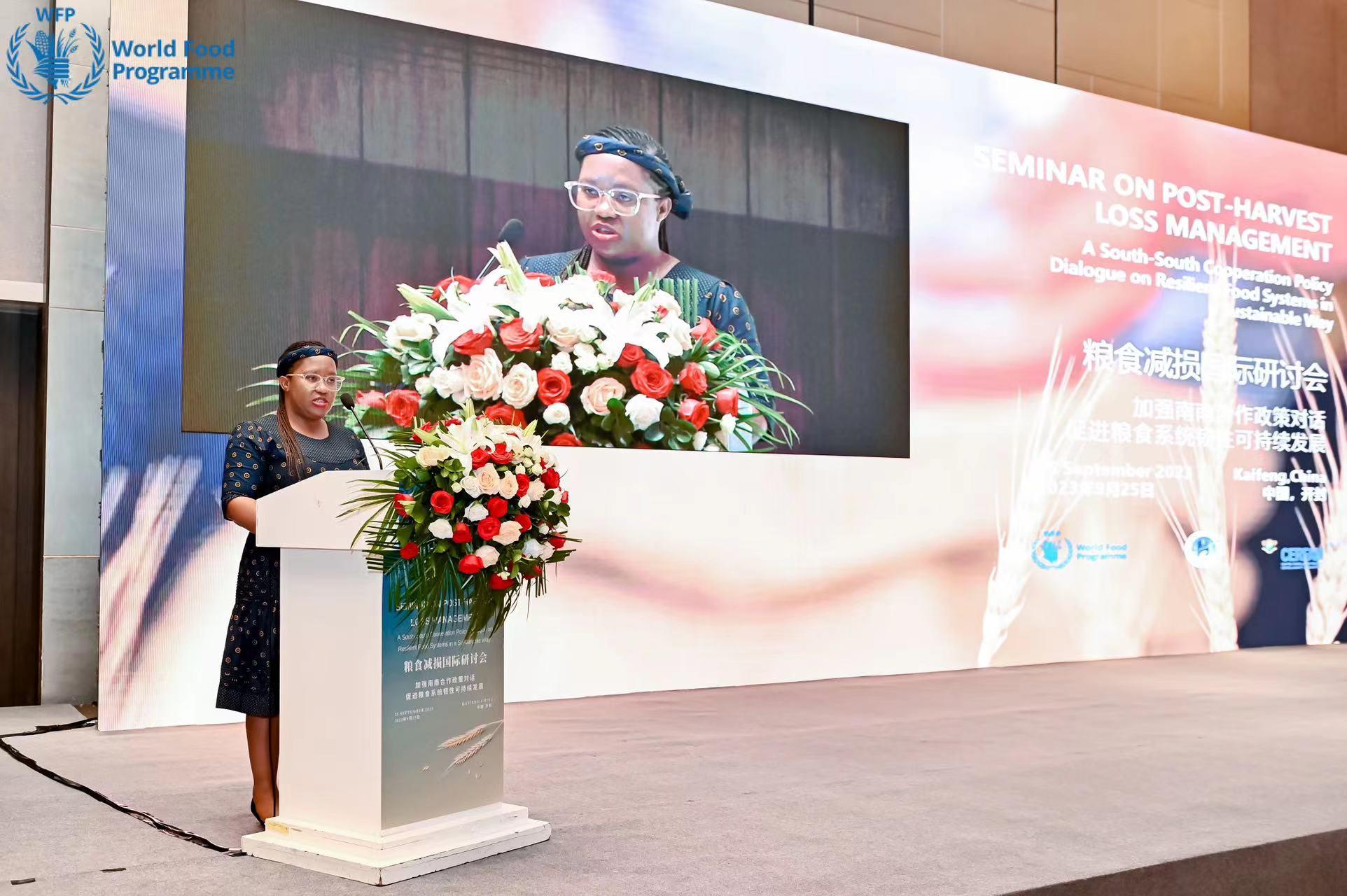
“Lesotho faces substantial food loss in the food supply chain,”noted Mateboho Lucia Chenene, Principal Lecturer at the Ministry of Agriculture, Food Security and Nutrition in the Kingdom of Lesotho, in her speech at the seminar. According to her, grains such as maize, wheat, and rice contribute to the highest post-harvest losses, in terms of calories, among all agricultural commodities. These food losses have a negative impact on food security, food quality and safety, economic development, and the environment. A large percentage of produce is wasted during post-harvest activities due to a lack of knowledge, inadequate temperature control, insufficient technology, and inadequate storage facilities. According to estimation, post-harvest losses in African countries ranges from 20% to 40%.

“Post-harvest loss for grain alone in sub-Saharan Africa is estimated to more than 4 billion annually,” stated Christiani Buani, Acting Director of CERFAM, in her video address. According to FAO, physical food losses are estimated at 37%, or 120-170 kilogram per year per capital, and as much as 50% of crop production is lost before reaching consumers. Losses are much larger for nutrient-dense foods such as fruit, vegetable, meat, and dairy, due to their perishable nature and lack of appropriate cold chain.
“This data highlights the importance of improving post-harvest management as part of the efforts to improve food and nutrition security through improved and sustainable food system,”added Christiani.
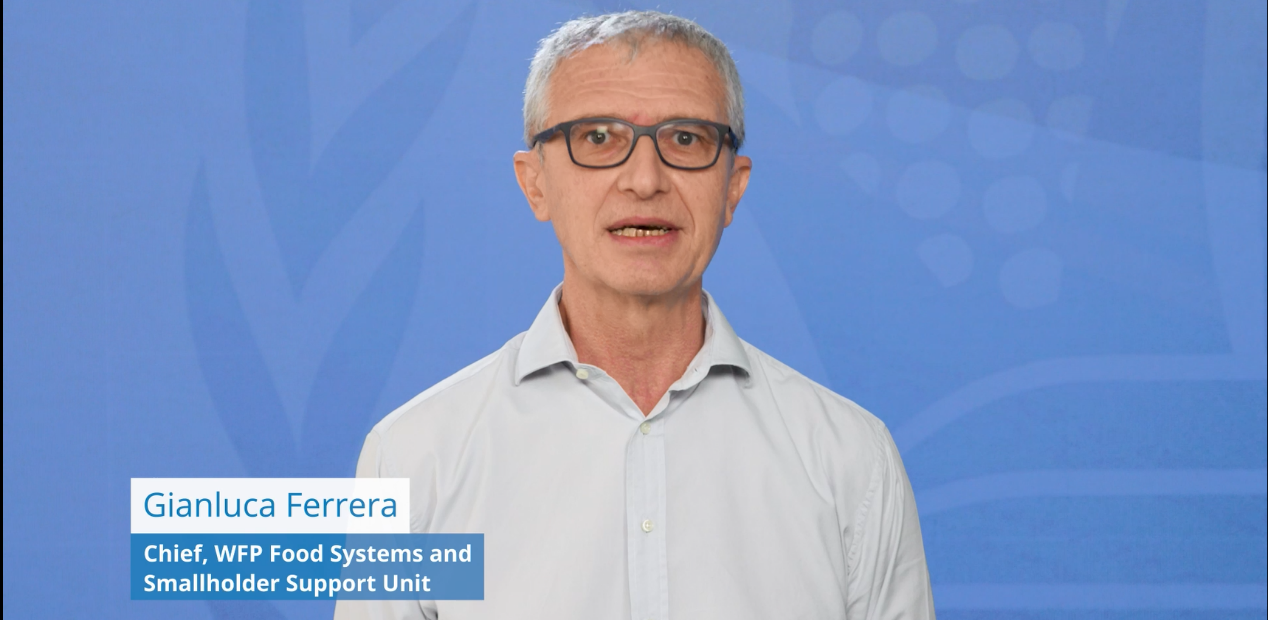
Gianluca Ferrera, Chief of Food Systems & Smallholder Support Unit of WFP HQ, emphasized that WFP has been dedicated to developing the value chain to fortify systems and build resilience, with a strong focus on post harvest loss reduction, particularly amongst smallholder farmers in developing countries. These programs operate in both food surplus and food insecure areas, enhancing the capacity of farmers and other value chain actors to manage food losses. In 2022, WFP and partners globally supported over 1.2 million smallholder farmers in 50 countries, while in the previous year, more than 800 thousand farmers across 33 countries were supported with post-harvest loss reduction intervention. This reflects a notable growth trend in this field over the years and a growing interest of the country offices to embark in this journey.
The seminar consisted of four thematic sessions, respectively focusing on Post-Harvest Loss Management at Harvesting, Post-Harvest Loss Management at Storage and Transportation, Post-Harvest Loss Management at Processing, and Post-Harvest Loss Management for Supply Chain Management. Officials and experts from NAFRA, WFP, HAUT, Jiangsu University, Henan Agricultural University, Wuhan Polytechnic University, Nanjing University of Finance and Economics, Madagascar's Anosy Region Department of Agriculture and Livestock, the Ministry of Strategic Reserves of the Democratic Republic of the Congo, the Ministry of Agriculture, Food Security and Nutrition of Lesotho, the Food Reserve Agency of Zambia, and other relevant agencies exchanged their experience and insights during the four sessions.
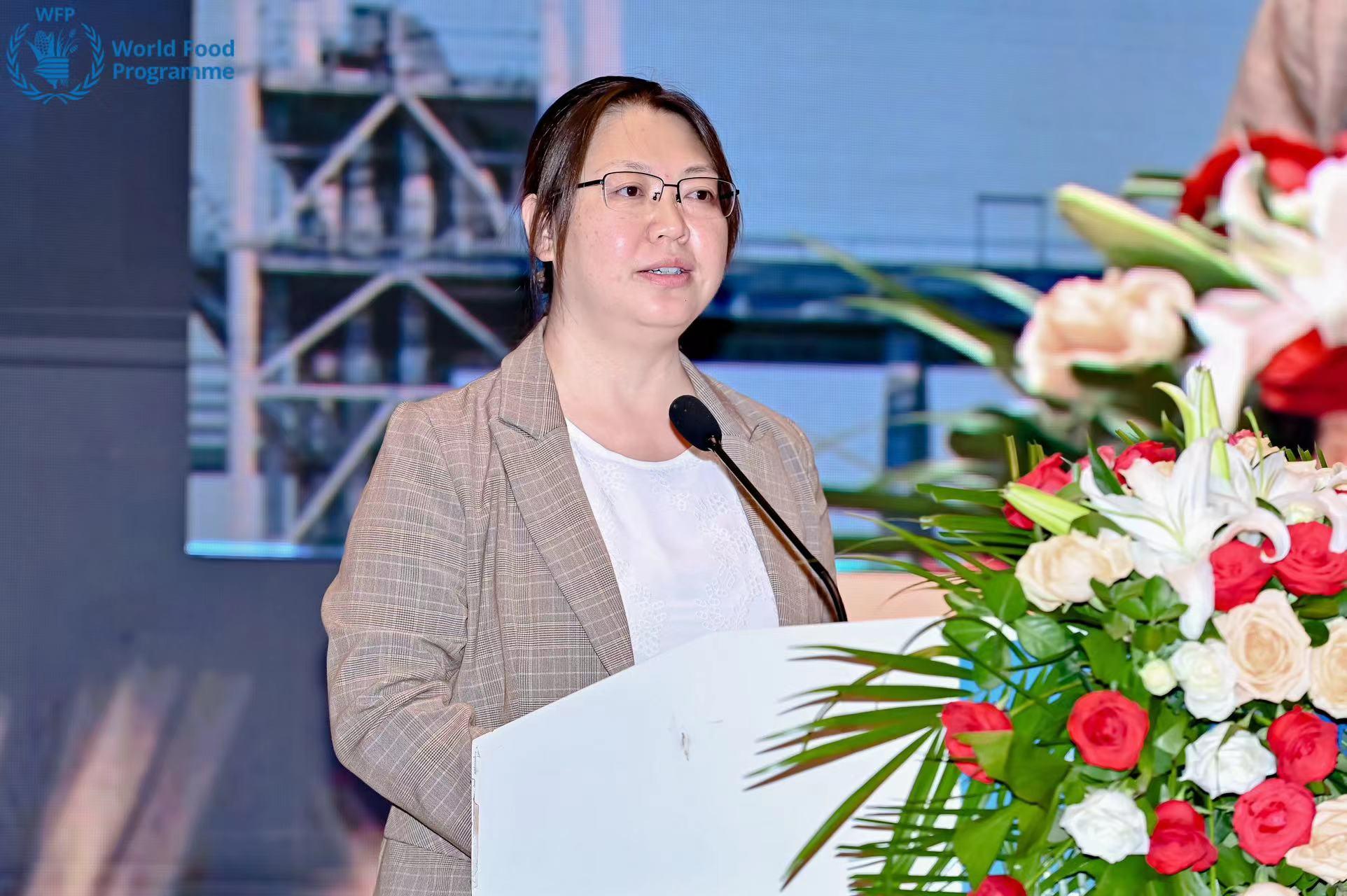
At the closing ceremony, Chen Guixiang, Vice President of HAUT, called on all parties to work together to improve the efficiency of agricultural production, strengthen the inclusiveness and resilience of the food system, safeguard the security and stability of the supply chain, promote food loss reduction management, and break a new ground for the global food security and sustainable agricultural development, in order to jointly achieve the 2030 Agenda for Sustainable Development.
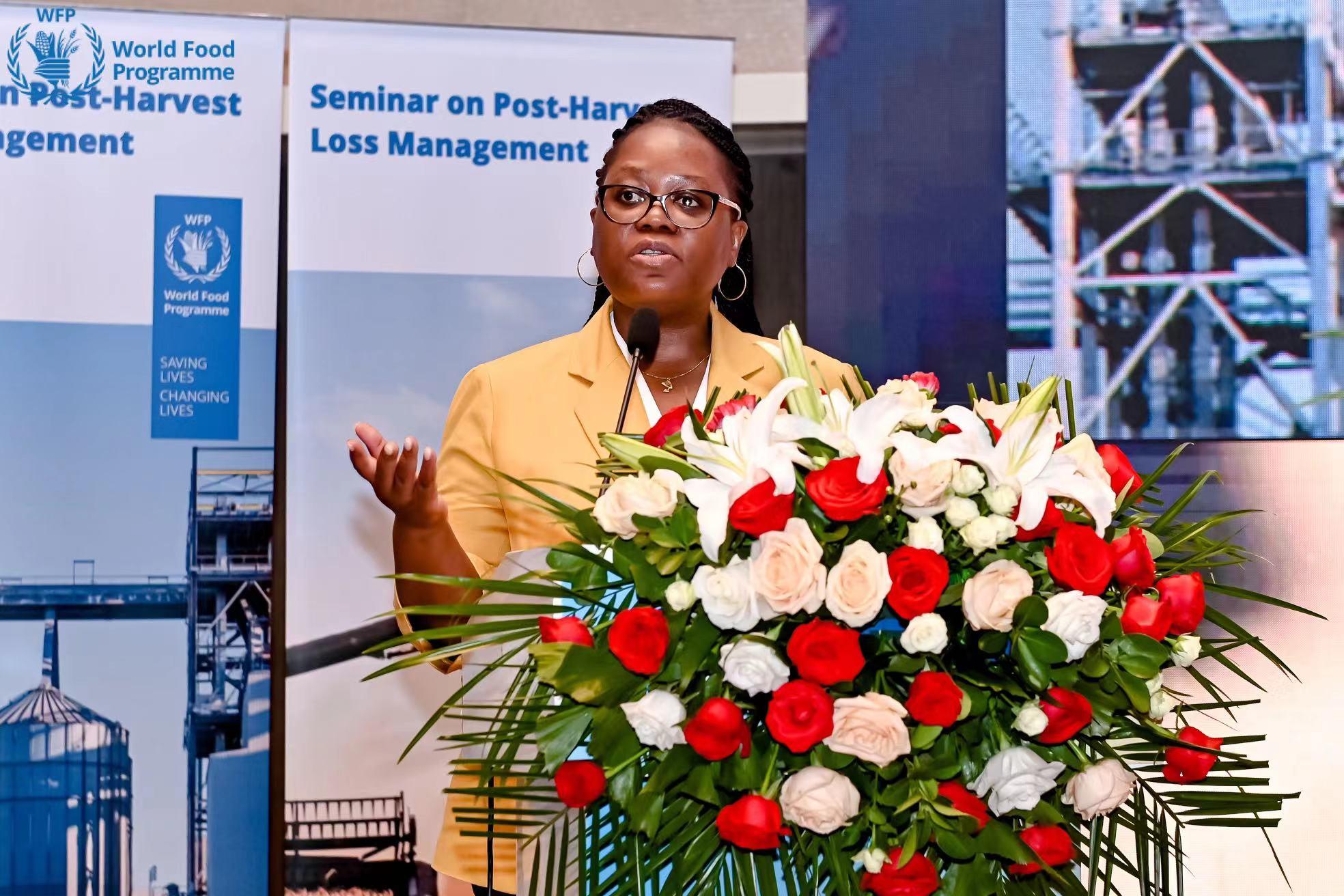
Adeyinka Badejo, Deputy Regional Director of WFP Regional Bureau for Southern Africa, indicated that tackling the problem of post-harvest losses and inefficient food systems is a high priority for African governments. China's successful experience in eradicating extreme poverty and hunger was worth learning from, and WFP's Centres of Excellence for Rural Development facilitated exchanges and collaboration among developing countries through South-South cooperation. WFP is ready to strengthen its strategic partnership with all parties to promote global food security, contributing to a more sustainable, prosperous, and equitable world.
For more in-depth research and insights into Post Harvest Loss Management, you may want to explore articles and studies in Grain & Oil Science and Technology (GOST), an international, peer-reviewed open-access journal sponsored by Henan University of Technology, which specializes in research related to grains and oils after harvesting. Click here to learn more: https://www.keaipublishing.com/en/journals/grain-and-oil-science-and-technology

